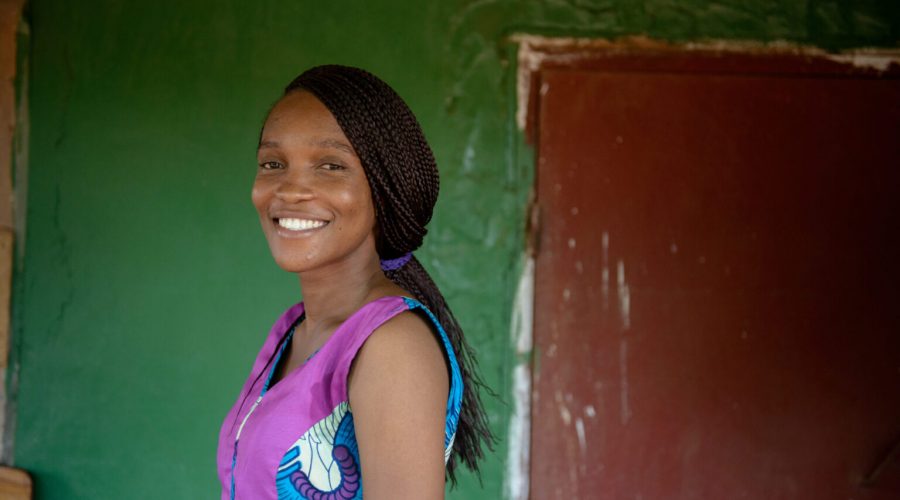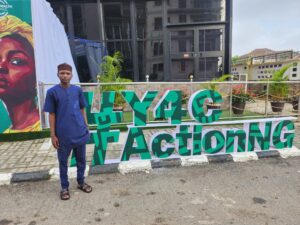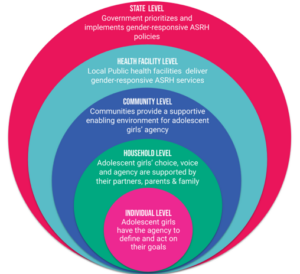Every girl’s choice of if, when and how to use contraception is unique.
Adapting how we reach her with contraceptive services is the start. But to truly catalyze impact, we need to better understand what happens after she does, or doesn’t choose contraception.
And through our girl-centered approach to contraception, PSI’s flagship adolescent sexual and reproductive health and rights (ASRHR) program A360 adapts to meet girls’ evolving needs as they choose the path that’s right for them.
This World Contraception Day, we’re examining the forces that influence young people’s health decisions — and seeing how we can strengthen how we measure and understand her journey to care.
We invite you to step into the lives of four different adolescent girls — Farida, Yemisi, Hiwot and Zainab — as they determine what they’ll need to plan for the lives that they want to live.
Through our interactive contraceptive journey, meet:
- Farida, a 19-year-old girl from Tanzania who is newly dating. She wants to prevent an unplanned pregnancy while she explores her relationship.
- Yemisi, a 15-year-old girl from Nigeria who is considering trying contraception, although has never used a contraceptive method before.
- Hiwot, a 17-year-old from Ethiopia who has never used contraception because of fear of stigma from her community.
- Zainab, an 18-year-old girl from Northern Nigeria, dreams of attending university and wants to be protected from an unplanned pregnancy derailing her plans.
As we follow their journeys, we explore why they say #IChoose to start, stop and resume contraceptive use.
We want to work and learn alongside you.
So please do tell us: How do you make contraception relevant to adolescent girls? How do you tackle these challenges providing continuity of care and tracking outcomes?
Interested in exploring our learnings so far? Check out 4 nuances we’re considering as we measure the service delivery component of an adolescent sexual and reproductive health and rights (ASRHR) intervention.




